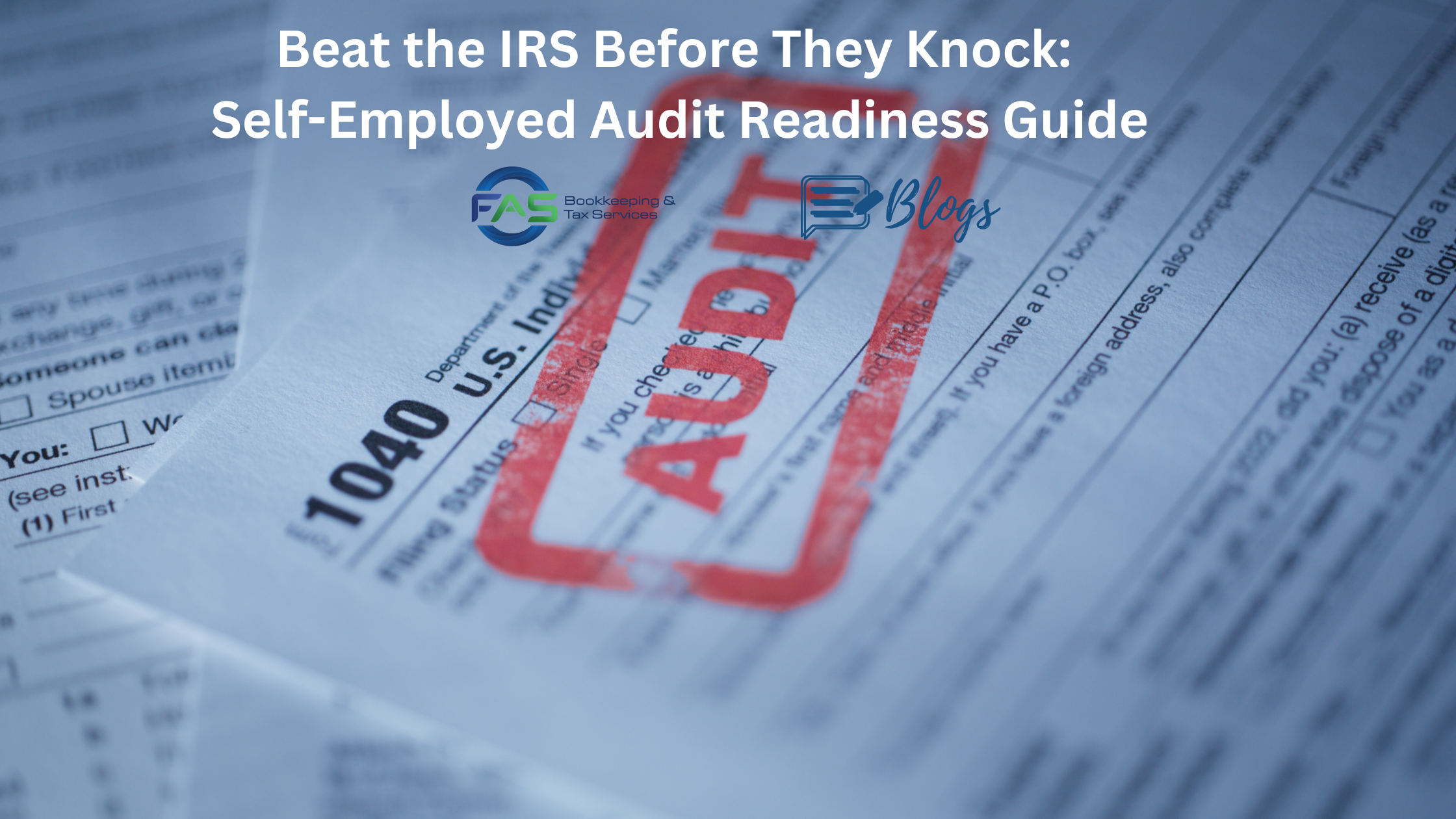Tax Day is now July 15: Key Information for Taxpayers
The federal income tax filing due date has been automatically extended from April 15, 2020, to July 15, 2020.
Taxpayers can also defer federal income tax payments due on April 15, 2020, to July 15, 2020, without penalties and interest, regardless of the amount owed. This deferment applies to all taxpayers, including individuals, corporations and other non-corporate tax filers as well as those who pay self-employment tax. See news release IR-2020-58, Tax Day now July 15: Treasury, IRS extend filing deadline and federal tax payments regardless of amount.
Refund filers: File as soon you can
Refunds continue: If possible, don’t wait until July 15 to file if you’re owed a refund; file as soon as possible. Refunds will continue to be paid. For the quickest results, taxpayers should use e-file or Free File with direct deposit to help speed up refunds.
E-file recommended: To avoid delays, the IRS urges taxpayers to file electronically rather than on paper; using direct deposit is also critical to speed up refunds. Most taxpayers can file for free with www.IRS.gov/freefile. The IRS will continue to accept electronic and paper-filed returns for taxpayers who have and prefer to continue to file on paper. The IRS emphasizes that during this period paper returns could require additional time to process; filing electronically remains the best option for taxpayers.
July 15 extension automatic. Taxpayers do not need to file any additional forms or call the IRS to qualify for this automatic federal tax filing and payment relief. Individual taxpayers who need additional time to file beyond the July 15 deadline can request a filing extension by filing Form 4868 through their tax professional, tax software or using the Free File link on IRS.gov. Businesses who need additional time must file Form 7004.
Estimated Payments: The additional time also includes estimated tax payments for tax year 2020 that are due on April 15, 2020 if paid by July 15, 2020.
Extensions beyond July 15: The IRS reminds individual taxpayers the easiest and fastest way to request a filing extension is to electronically file Form 4868 through their tax professional, tax software or using the Free File link on IRS.gov. Businesses must file Form 7004.
Don’t forget state tax returns; different deadlines may apply
The July 15, 2020 extension only applies to federal income tax returns and tax payments otherwise due April 15, 2020, not state tax payments or deposits or payments of any other type of federal tax. Taxpayers also will need to file income tax returns in 42 states plus the District of Columbia. State filing and payment deadlines vary and are not always the same as the federal filing deadline. The IRS urges taxpayers to check with their state tax agencies for those details. More information is available at https://www.taxadmin.org/state-tax-agencies.
Families First Coronavirus Response Act and other COVID-19 legislation
The IRS is taking immediate steps to implement COVID-19 legislation during this period. We will also be working closely with our partners in the tax community on this to assist with implementation. Additional information will be posted on the special coronavirus page.
Small and midsize businesses. Small and midsize employers can begin taking advantage of two new refundable payroll tax credits, designed to promptly and fully reimburse them, dollar-for-dollar, for the cost of providing Coronavirus-related leave to their employees.





